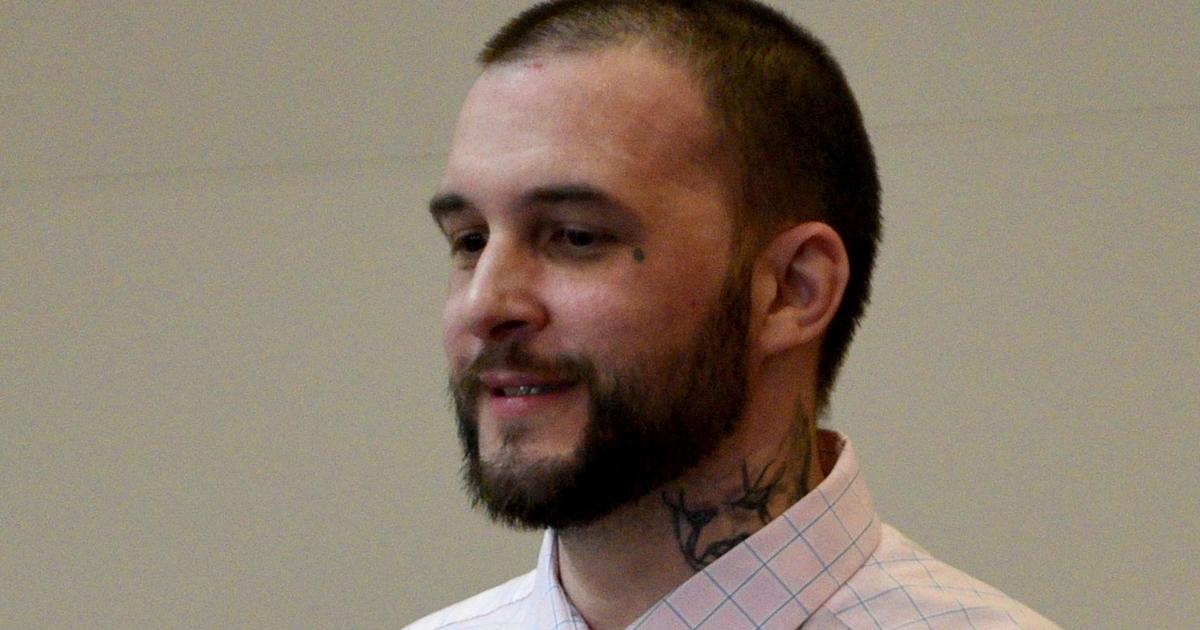Treating The Aging Voice
Father Ray Selker spends most of his days talking. As a Friar Priest at St. Anthony's Shrine in Boston, he often officiates two masses daily in addition to several hours of confession and dozens of one-on-one discussions with churchgoers each week. So when he noticed last summer that his throat was often irritated and his voice was becoming weak, he was concerned.
"It wasn't the same voice I had when I was ordained eight years ago," recalls Father Selker. "I'd be speaking but the whole word wouldn't come out."
The 47-year-old priest was worried that his lack of voice was affecting his ministry, so he mentioned the problem to his primary care physician during a routine checkup and was referred to Dr. Pavan Mallur in Beth Israel Deaconess Medical Center's Otolaryngology Division in the Department of Surgery.
"Most people don't realize there are things that can be done to fix the voice," says Dr. Mallur. "We want to educate the public and say this is not something you have to live with, there are things we can do to help."
Dr. Mallur used a scope to get a look inside Father Selker's throat and found that his vocal cords were atrophied.
"A lot of people as they age tend to lose muscle tone and muscle bulk in their larynx, just as they do in other parts of their bodies," notes Dr. Mallur. "If they're trying to make up for that, they'll compensate by using other muscles in their neck and this can lead to vocal fatigue."
Just as our voices change during childhood and adolescence, they continue to change as we age. In some cases a voice may become raspy or gravelly, in others the pitch will change. In Father Selker's case, his vocal muscles were deteriorating. Dr. Mallur recommended Father Selker start his treatment by meeting with BIDMC Speech Pathologist Laura Bauman for speaking voice therapy to work on improving the mechanics of his voice.
"It's a little like physical therapy for the voice," says Laura Bauman, MS, CCC-SLP. "We educate patients about proper vocal mechanics and how to take care of their voice as well as teach them vocal techniques aimed at improving their vocal mechanics and changing patterns of voicing that may be harmful."
The speaking voice therapy helped, but after several sessions, Father Selker felt his voice wasn't improving enough. Dr. Mallur recommended the next level of treatment, a trial injection into the vocal cords to help increase the muscle bulk. The procedure was done in the doctor's office and Father Selker noticed the results right away.
"The next morning when I woke up, I found immediate strength in my voice. It was much stronger and clearer," recalls Father Selker.
The material used in the injection is a temporary substance that dissolves after about three months. If the injection helps, it's a sign that a more permanent procedure may be in order.
"It's called a trial vocal fold injection because we're not sure the patient will benefit from the increased muscle bulk," says Dr. Mallur. "If they did get a benefit, we have pretty good evidence to show they'll get further benefit from a permanent procedure."
There are several different options for a permanent procedure. Father Selker underwent a bilateral medialization laryngoplasty, which is a small, open surgery to place gortex implants next to the vocal folds in order to add bulk. The procedure is done under light sedation, so doctors could monitor his voice during surgery.
"He did very well during the surgery and post-operatively," says Dr. Mallur. "He had a marked improvement in volume and projection of is voice."
Father Selker is now able to complete sermons without difficulty, which he was unable to do before.
"I feel more confident now and the people I work with closely have commented more than once that the quality of my voice is much clearer," Father Selker says.
"Our voices are important. They're our main means of communication," stresses Dr. Mallur. "So I like to tell patients that just because it's this way now doesn't mean that there aren't ways we can try to improve it."
To make an appointment with the Otolaryngology Program at BIDMC, call 617-632-7500.
Above content provided by Beth Israel Deaconess Medical Center. For advice about your medical care, consult your doctor.
Posted: March 2013




